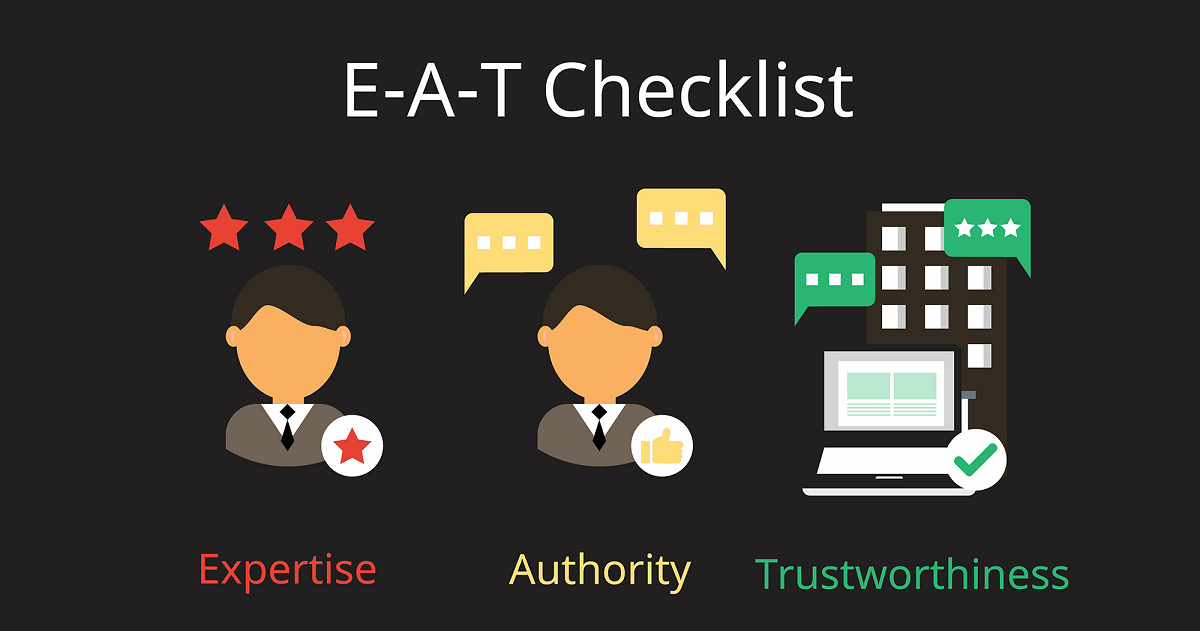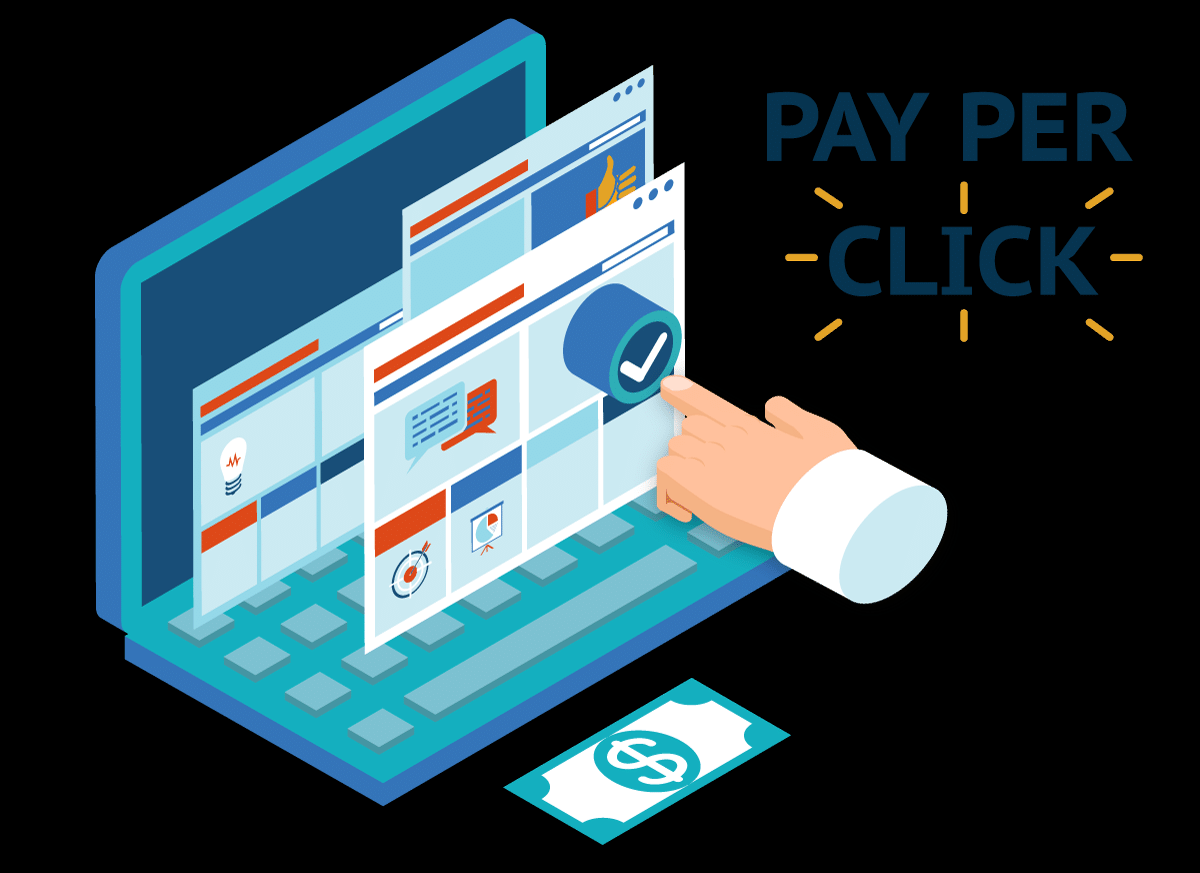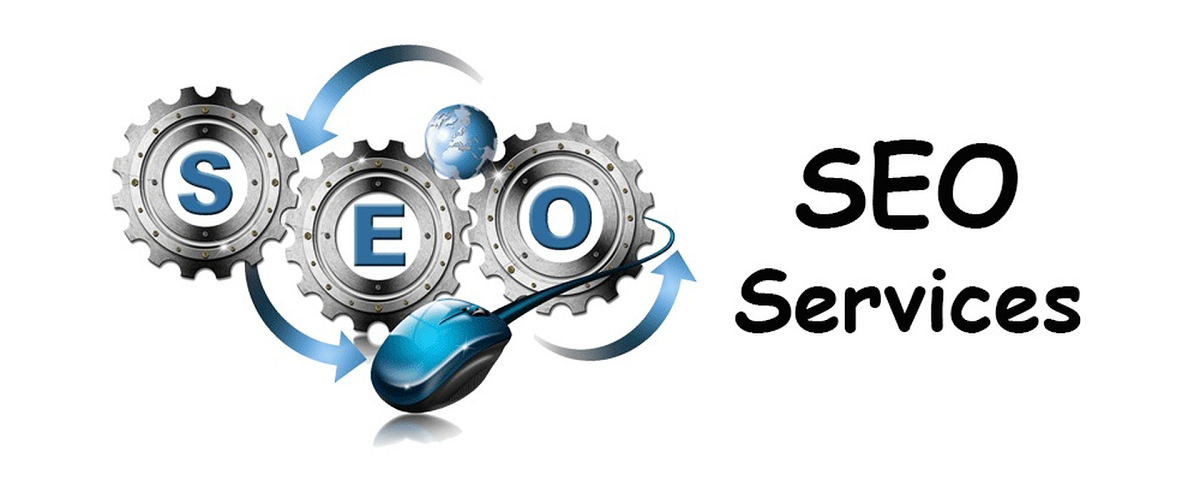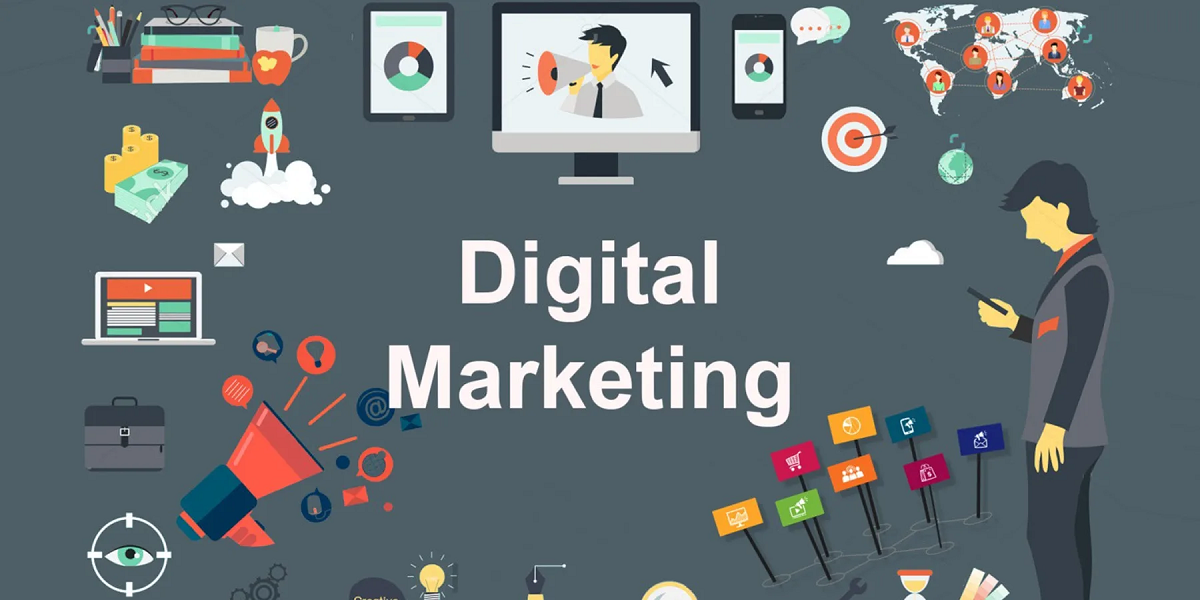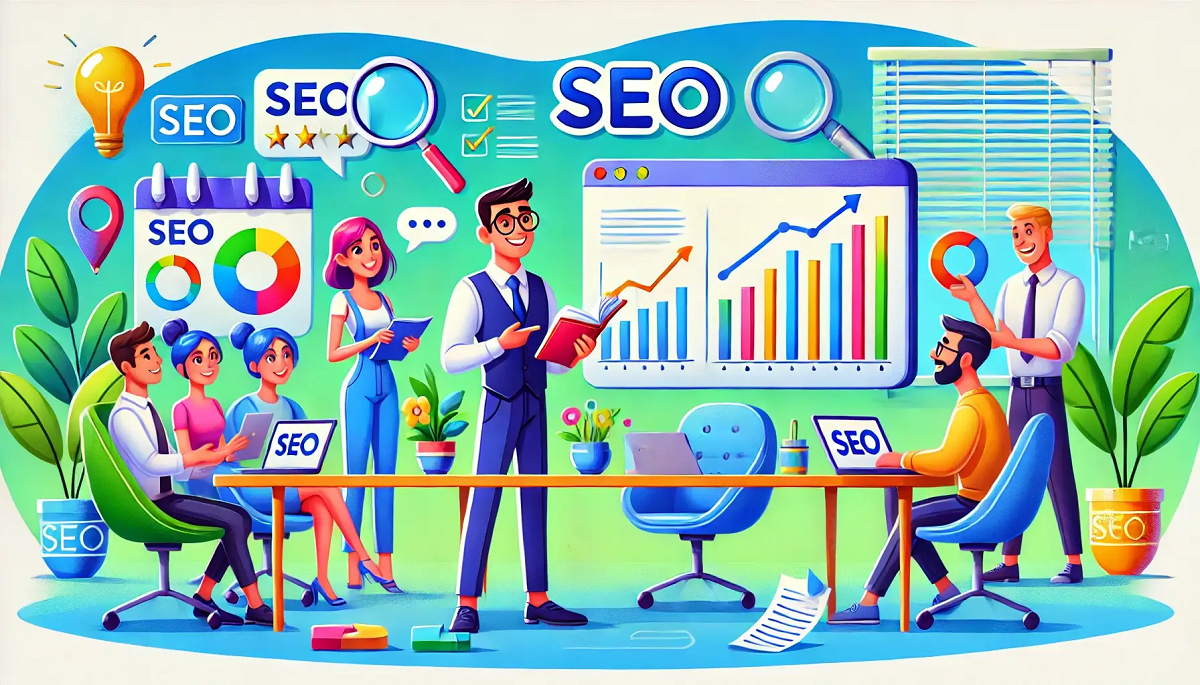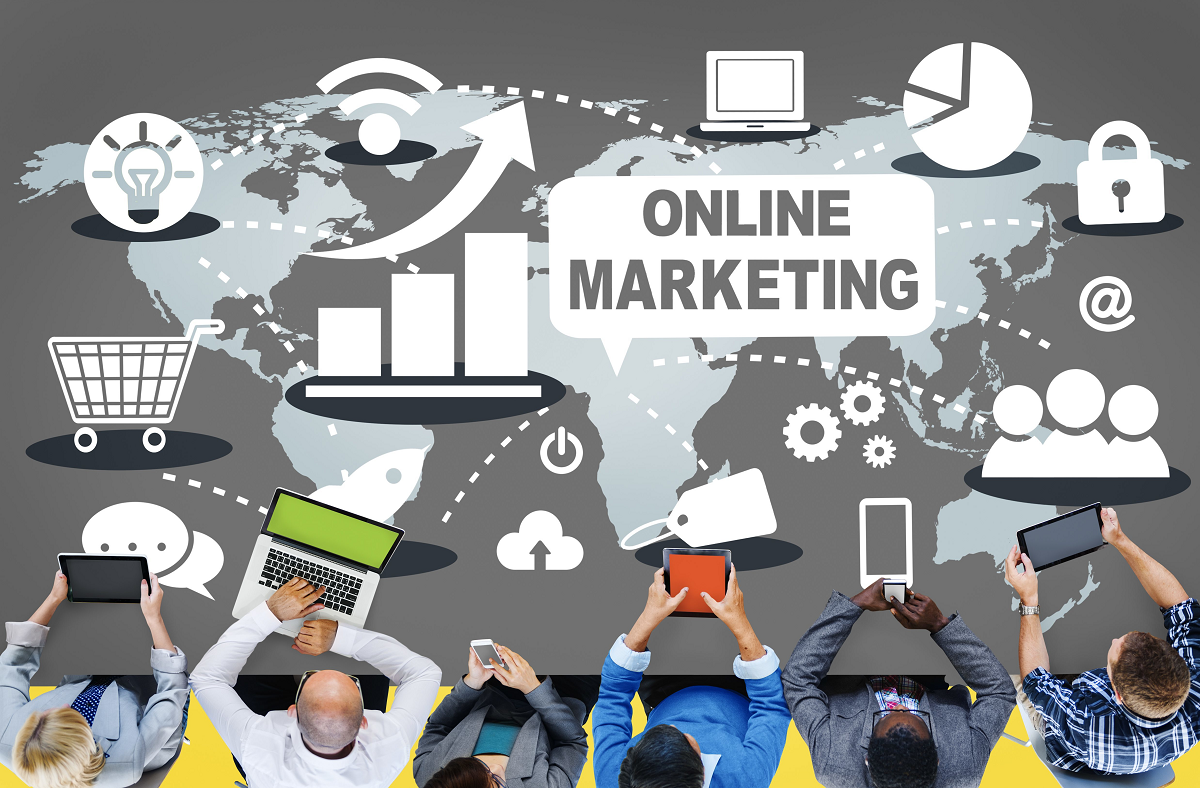BLOG
The development of digital marketing is intimately linked to the rise of technology. In 1971, Ray Tomlinson sent the first email, enabling people to share files through different machines. By 1990, the Archie search engine was created, an index for FTP sites. By the early 1980s, computers were powerful enough to store large volumes of customer information. This gave companies an edge over their competition, allowing them to use online techniques to reach a wide range of potential customers.
Digital marketing includes many different forms. Social media marketing, video, email, and video marketing are among the most popular. The purpose of each is to increase brand awareness, boost sales, and grow communities. Several recent studies have shown that 73% of consumers begin their inquiries on search engines, while 26% begin them within mobile applications. This means that digital marketing is more effective than traditional forms of marketing, which can cost more than traditional media.
The term "digital marketing" refers to the marketing efforts conducted using digital channels such as websites, social media, email, mobile applications, and video. This includes a wide variety of resources displayed on a computer or mobile device. Through these channels, companies can reach potential customers from all over the world. This makes it easier for marketers to reach a wider audience and increase sales. Listed below are some of the most popular forms of digital marketing.
Pay-per-click. This form of digital marketing relies on paid advertisements that appear in search results. These advertisements are short-term and disappear as soon as a payment is not made. Despite the importance of digital marketing, it requires special skills that are not found in other areas of the company. These specialists are needed to keep up with the ever-changing technology landscape. The benefits of digital marketing are immense.
Public Relations. Traditional public relations relied on major media outlets, and press releases were necessary to promote a brand. With digital marketing, businesses can engage journalists in a conversation. For example, bloggers can write about an online course. This type of publicity is more authentic and transparent than traditional PR. The PR strategy of a business is critical to its success. And it is vital for a business to get involved in public relations to maximize its chances of success.
In simple terms, digital marketing refers to advertising through digital channels, including websites, social media, email, mobile applications, and videos. The concept of digital marketing has evolved to encompass new ways to reach a specific audience, and the methods and platforms used to reach them are diverse. They include the use of text, images, and video content, and the creation of social media accounts. In addition, a business can also use interactive tools.
The term "digital marketing" refers to marketing through the use of digital media. This can include websites, videos, social media, and mobile apps. It is also important to note that this type of marketing is not limited to a specific geographical area. The internet is a global market place, and customers can be reached from anywhere in the world. There are many different channels for digital marketing. There are so many different media channels that you can use to promote your brand.
Digital marketing is all about using digital technology to reach your audience. For example, a website is a digital version of an advertisement. If a business wants to reach the broadest possible audience, it needs to be able to use digital technology to get noticed. The internet also gives the business an opportunity to be noticed by journalists. With the right digital strategy, a company can leverage its website and other digital assets to reach its target demographic.
There are many different types of digital marketing. Some are more specific than others. For example, website marketing uses web design and search engine optimization. Email marketing focuses on building relationships with customers, while social media focuses on communicating with customers. A social media campaign can be used to connect with customers and build a brand identity. It is also important to create a community. Its success will depend on how well it can communicate with people.

